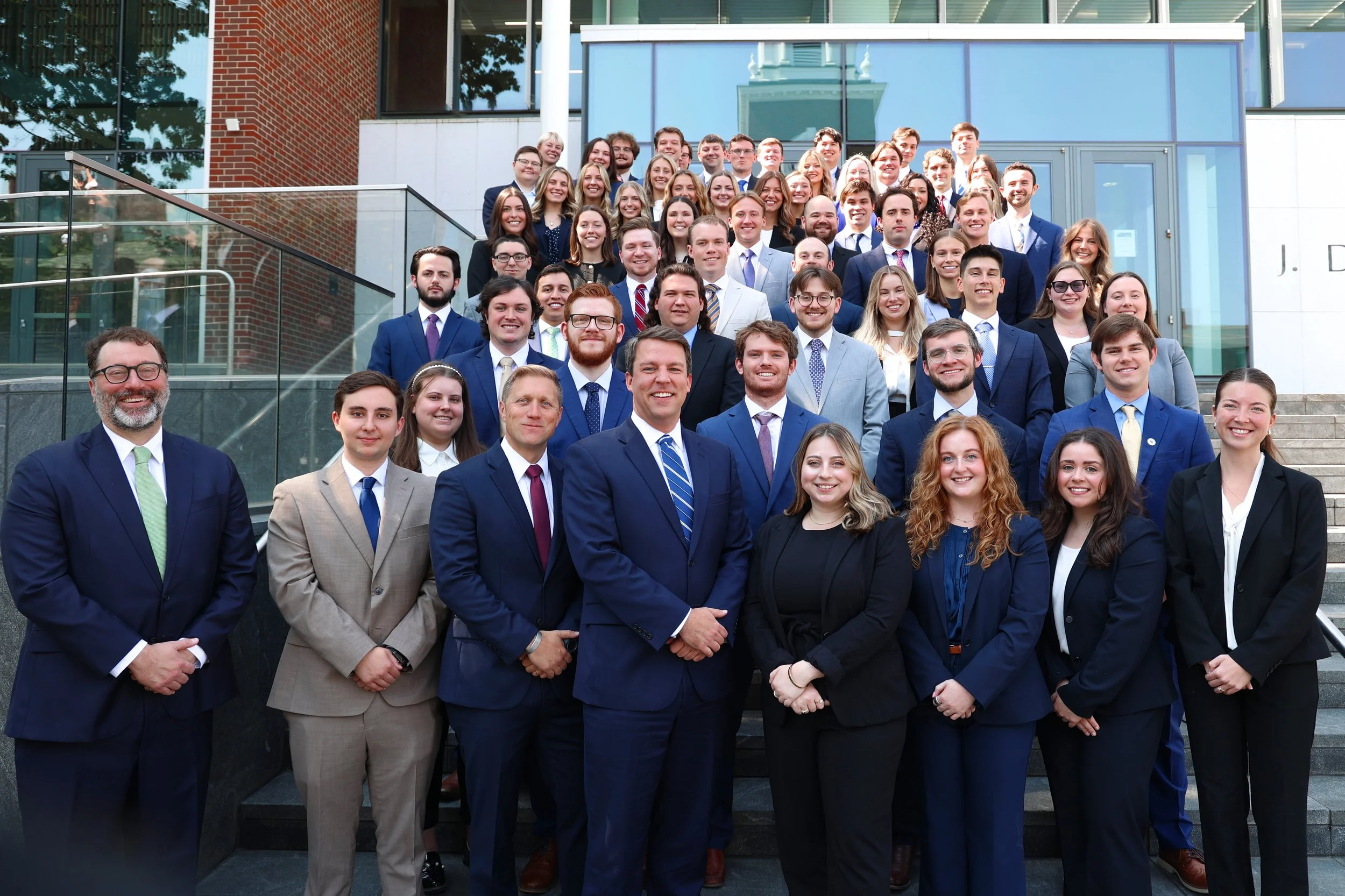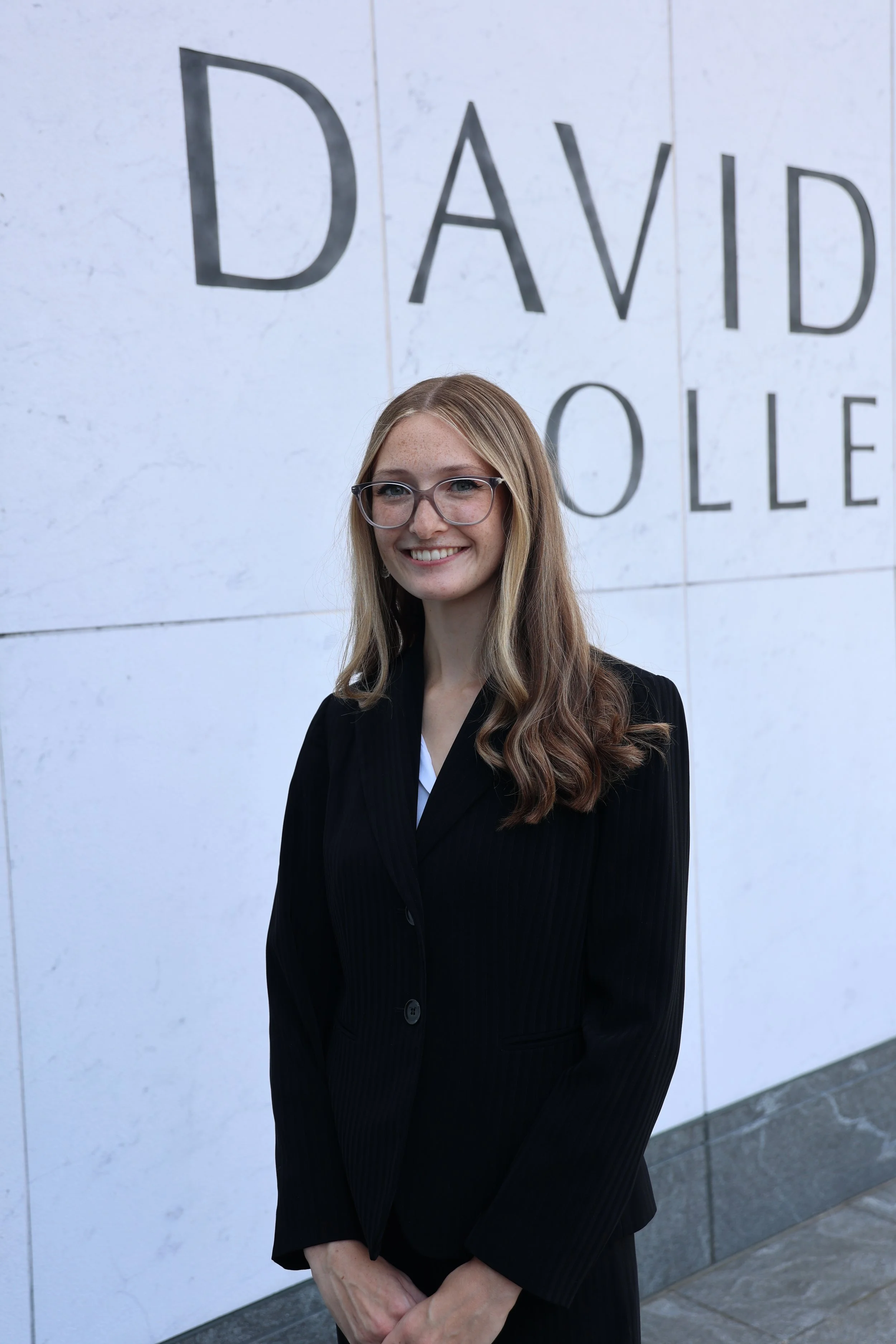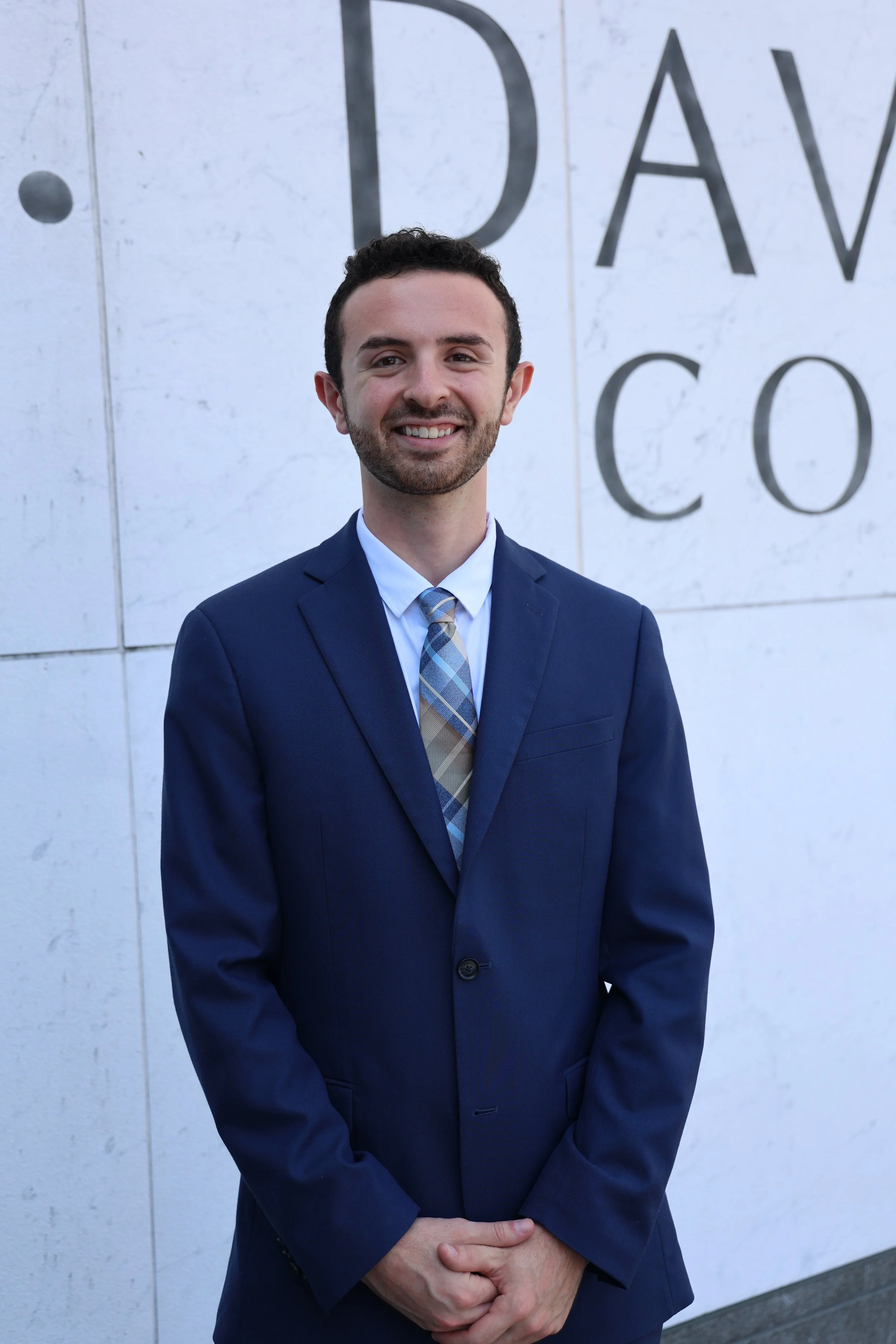
Kentucky Law Journal
Founded in 1913, the Kentucky Law Journal is the national’s tenth-oldest continually published law review. We publish four print issues each year, plus timely scholarship online.
Edited by students with guidance from a faculty advisor, KLJ features work from leading scholars and original student work on a wide range of legal topics. Our mission is to advance legal thought, train the next generation of attorneys, and spark meaningful debate.
Online Originals
University Kentucky J. David Rosenberg College of Law student, John Simms, argues that car dealerships routinely and lawfully exploit consumers by secretly marking up interest rates in indirect auto financing, a practice that remains undisclosed despite imposing significant financial harm—especially on subprime and marginalized borrowers. It concludes that existing legal justifications for nondisclosure are outdated and flawed, and calls for regulatory reform requiring dealers to disclose interest rate markups to restore transparency, bargaining power, and consumer protection.
Helmuth’s piece argues that the Trump Administration’s proposed dismantling of FEMA and retreat from federal disaster preparedness represents a fundamental misreading of the causes of past emergency management failures. By shifting responsibility for disaster response and mitigation onto the states through executive action and funding cuts, the administration threatens to undermine economies of scale, institutional expertise, and cooperative federalism that have long defined effective disaster response. Because Kentucky is both resource-constrained and among the most disaster-prone states in the nation, Helmuth contends that these policies would leave the Commonwealth uniquely vulnerable to increasingly frequent and severe climate-driven disasters, exposing the dangers of replacing federal coordination with fragmented, state-level systems.
Whitridge’s piece argues that the Food and Drug Administration must adopt a proactive regulatory framework for menstrual tampons in light of emerging evidence of heavy-metal contamination. Prompted by a recent UC-Berkeley study detecting lead and other metals in widely used tampon brands, the Note contends that the FDA’s current § 510(k) “substantial equivalence” pathway is ill-suited for identifying modern chemical risks. Whitridge argues that tampons’ classification as Class II medical devices, combined with outdated guidance, leaves consumers vulnerable to untested contaminants. To remedy this gap, the piece urges the adoption of a forward-looking regulatory scheme—one that mandates routine testing, disclosure, and comprehensive risk assessments—to better safeguard public health and align FDA oversight with contemporary scientific realities.
Schaeffer’s piece argues that Kentucky should adopt a statutory scheme to facilitate the development of small modular reactors (SMRs) similar to the one recently promulgated by the Virginia legislature. SMRs are advanced nuclear fission reactors that are smaller than traditional nuclear power plants. Their scale and modular nature makes them especially optimal for efficiency. With the proliferation of Kentucky's industrial sector, SMRs will play a crucial role in providing cost-effective electricity which will maximize Kentucky's economic output.
Student Blogs
In 1935, the Supreme Cort in Humphrey’s Executor v. United States issued one of the most significant presidential removal decisions of the modern era. The Court highlighted the importance of keeping independent agencies separate from executive control as they restricted the president’s removal power. Flash-forward to 2025, and many are suspicious that Humphrey’s 90-year precedent is on its way to joining the growing list of overturned cases on the Roberts Court. KLJ Vol. 114 Staff Editor Ellie Driver explores this development and notes the broad implications our administrative state would face if such a decision were to be made.
What happens when a child dies before their adoption is finalized? KLJ Volume 114 Staff Editor Hadley Christensen analyzes the Commonwealth’s introduction of Braylon’s Law, creating a permanent statutory path permitting the adoption of a child after their death.
Shortly after midnight on May 7, 1986, the Senate Finance Committee adopted the most comprehensive tax reform legislation in American history. Yet, only four years later, the goals of the 1986 Tax Reform Act were undermined as subsequent legislation continued to muddy the tax waters. Is the 2017 Tax Cuts and Jobs Act destined for the same unraveling as the 1986 Act? KLJ Volume 114 Staff Editor Jarrett Napier compares the two acts and reinforces that “History doesn’t repeat itself, but it often rhymes.”
Across the Commonwealth, and particularly in Eastern Kentucky, clients are losing access to justice because their lawyers fail to keep their clients informed about their case. In an area where many residents depend entirely on their lawyers to navigate the legal system, negligence perpetuates a cycle of disenfranchisement: those least able to protect their rights are most likely to lose them through silence. KLJ Volume 114 Staff Editor Jason Marcus explains the doctrine of tolling and advocates for reform to reassert the Commonwealth’s commitment to fairness, accountability, and access to justice.
With the unpredictable nature of childbirth, it is no shock that surrogacy and the laws governing it are equally unique. With no overarching federal legislation, states differ on how they treat surrogacy agreements, compensation for the surrogate mother, and how the intended parents are to establish legal parentage. KLJ Volume 114 Staff Editor Olivia Kiser evaluates the nations legal landscape on surrogacy and advocates for the Commonwealth of Kentucky to pass more legislation to address growing concerns in this area.





